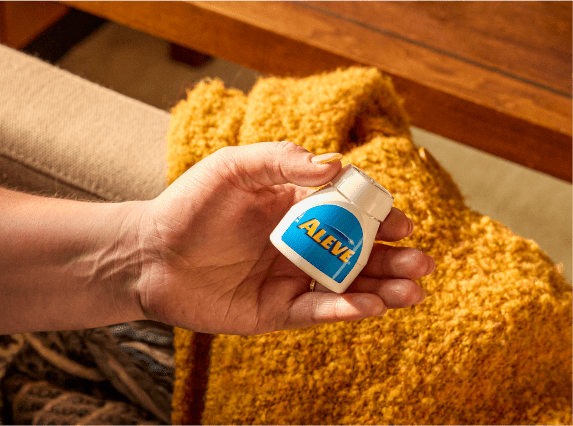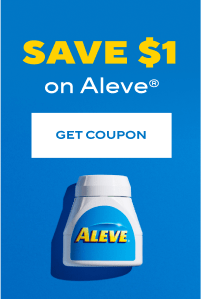The information provided on this site is for educational purposes only and is not a substitute for professional medical advice. Please consult a healthcare professional for medical advice, diagnosis and treatment.
Your shoulder is the most moveable joint in the body, but also one of the most unstable, making it prone to injury and discomfort. Whether mild or more severe, shoulder pain can prevent you from being there for those who depend on you. Understanding your shoulder pain can help you find relief.
Shoulder injuries can be serious. It's important to visit your doctor to determine the right treatment plan for your pain.
SYMPTOMS OF SHOULDER PAIN
It’s always a good idea to consult your doctor about shoulder pain symptoms you’re experiencing, but especially if you can’t move your arm or shoulder or experience sudden or intense pain, lasting bruising or swelling, or an obvious abnormality in the arm.
COMMON SHOULDER PAIN CAUSES
The shoulder joint is highly dependent on the surrounding bones, muscles, tendons and ligaments to hold it in place. As a result, several factors can cause shoulder pain. Here are the four most common.
TIPS FOR SHOULDER PAIN RELIEF
The key to relieving shoulder pain is to get on top of it right away; healing can take weeks or months. The good news is that shoulder pain can sometimes be treated at home with methods to soothe inflammation and build muscle strength. So, what is good for shoulder pain?
In some cases, shoulder injuries are too severe to manage with home remedies alone. Your doctor might recommend treatments like prescription steroid injections to reduce shoulder inflammation, physical therapy, using a sling or shoulder immobilizer, shoulder surgery to repair torn tissue or shoulder joint replacement surgery.
Shoulders do a lot of hard work, and when you’re in pain, it can feel like your shoulders are working overtime. Thankfully, there are many ways to help reduce shoulder pain so you can get back into your daily routine, showing up for what really matters.
References
Dignity Health. Shoulder pain.
Athwal GS, Widmer B, American Academy of Orthopaedic Surgeons. Shoulder pain and common shoulder problems.
Iftikhar N, Healthline. Treating and managing shoulder pain.
Pietrangelo A, Healthline. Why does my shoulder hurt?










